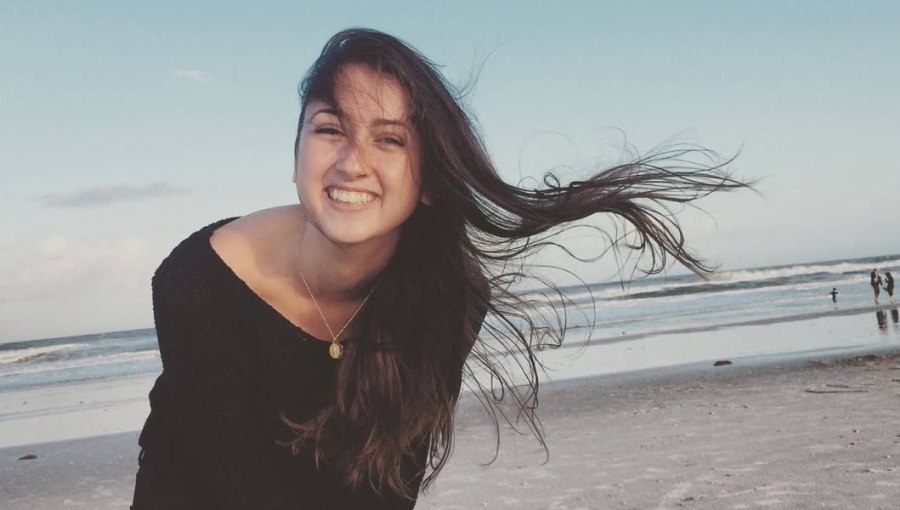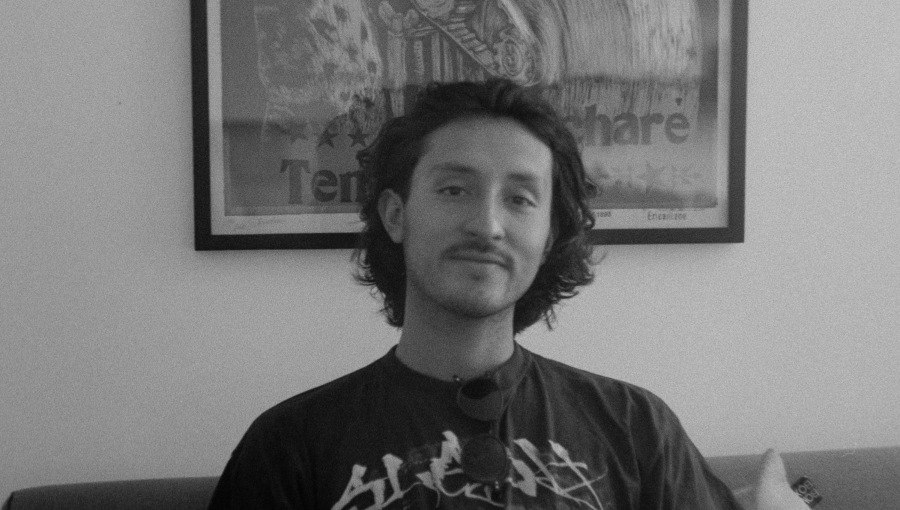Growing a Community: Student Sebastian Terrazas
Born and raised in Mexico City, Sebastian Terrazas is a junior double majoring in Classical Studies and Art History. He is a member of the Board Game Club and did a summer internship at the American Academy in Rome.
What brought you to JCU and Rome?
I applied to JCU by chance. I meant to study music composition in The Hague, Netherlands, but there was a problem with the application, and I needed a plan B. Classics and archaeology were always something I was interested in, so I sent an application to JCU, I was accepted, and now I’m here.

Why did you decide to double major in Art History and Classics?
My first degree, in Classics, has two branches: linguistics and archaeology. I was interested in archaeology and the course requirements to fulfill that branch were the same ones I needed for an Art History minor. At that point, I decided to double major because I would get two diplomas for one extra year. Archaeology and art history go hand in hand because I’m passionate about architecture and urban design. I was never interested in them until I came to Rome, when I started living as a pedestrian for the first time.
What’s a class that has had an impact on you and why?
My Introduction to Roman History class with Professor Massimo Betello has impacted me the most. I was late choosing a topic for the final paper and was assigned to present on Roman soap. To make it more interesting, I decided to make soap as the Romans did with an alkali base and pig fat, then use myself to test it. It was interesting because even though the texture was unappealing, it still smelled like normal soap. I learned that even the mundane and boring things can be made interesting.
Tell us more about the internship at the American Academy.
I did an internship with Dr. Theodore Peña, who is a specialist in Roman pottery with a project at the American Academy. In the 1980s, nearly 20 tons of Roman pots were dug up from the Palatine Hill, and in the last few years, there has been a push to finish research and return the material to the Italian state. We had two months to catalog what hadn’t been cataloged in years and rearrange everything to make it as compact as possible for shipping. I thought the pottery would be fragile, but it’s resilient. Sometimes it needed to be broken to see the erosion and ascertain the time and where it was from. I learned how the material was handled, and it was fascinating.
You’re part of the Board Game Club. Why is it important to be involved in student life?
Part of coming to university is growing a community and taking part in student life helps you meet other students. The Board Game Club has been successful in forming a recurring group of degree seekers and friendships have stemmed from that.
What is something you’ve learned from going to university abroad?
Being abroad gives a new perspective on familial relationships. I talk to my mom and grandparents more now than I did when I was living in Mexico. Since I’m on my own, I’ve had to become more independent while simultaneously growing closer with my family.
What advice do you have for students considering JCU?
My advice is to keep in mind that going abroad implies being absent. It can be hard to accept, but it’s one of the most important things to remember. By being abroad, you will miss birthdays, family reunions, and other important events. For me, it meant that I missed the death and funeral of my grandfather. It’s a very difficult part of being abroad and it can feel isolating. That’s why it is essential to connect with people in your new environment to create long-lasting and meaningful relationships.
What are your plans for the future?
I hope to stay in Europe. If I stayed in Europe to be a Roman historian, I would be competing with Italian Roman historians, which would be more challenging. I would like to specialize in Mexican colonial history. Pursuing this in Europe would make me a more competitive candidate.





